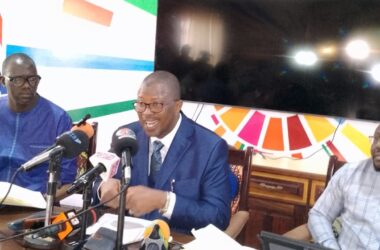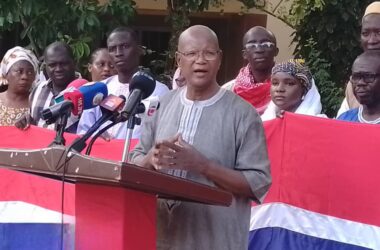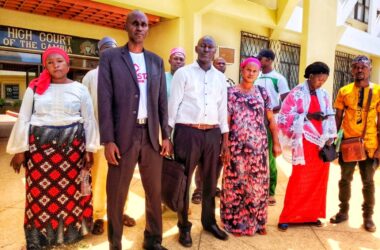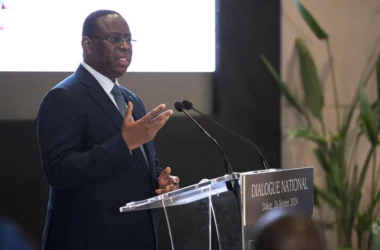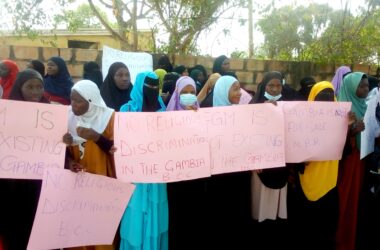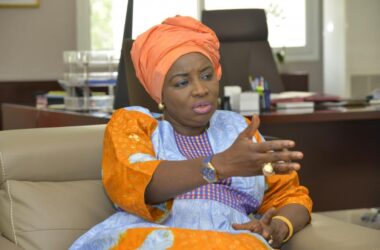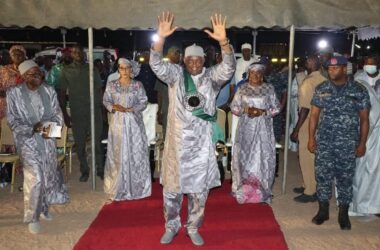By Binneh s Minteh
West Africa’s peripheral volatility has once again come to light when a Thursday, Feb 18th 2010 deadly Military Coup ousted Niger’s President Momodou Tandja. With the military coup ending the Tandja dynasty’s political bigotry that fueled a constitutional crisis in the Uranium rich West African nation, violent and deadly political clashes between security forces and demonstrators in Gagnoa, Ivory-Coast further brought to light the sub-regions volatility as a Periphery of Coups, Conflicts, Violence and Vengeance.
Over the years modern scholars of contemporary African Affairs came up with several theories and hypothesis about why politics in West Africa is so dangerous, if not deadly. Colonial legacies such as irregular boundaries, rent seeking (earning income by capturing economic rent through manipulation or exploitation), and competition for resources as a result of class structures caused by regions integration into the global capitalist economic system, are some of the compelling theoretical arguments made to the academic world.
Recent events in both Niger and Ivory-Coast fall right along the aforementioned arguments made by these scholars of contemporary African Affairs. The late Harvard Professor Samuel Huntington used similar reasoning’s to brilliantly dupe West Africa as having reached its point of departure.
A careful analysis of Niger’s political evolution would show that the West African State has experienced intermittent, but long periods of military since attaining independence from the French in 1960. Duped as one of the World’s poorest countries, Niger is Africa’s richest uranium resource country. The deposed President Tandja was a former military officer who was first voted into office in 1994 and re-elected in 2004.
At the end of his second term in office, political bigotry as a result of greed, a lavish life style, and the quest of hanging on to power, orchestrated a referendum that validated the elimination of Presidential term limits, thus plunging the West African nation into a constitutional crisis. He dissolved parliament, and in a controversial election boycotted by opposition in October 2009, his political party instituted what could best be characterized as a “lame duck” and “rubber stamp” parliament.
Amidst an international outcry and subsequent suspension from the regional blocking –The Economic Community of West African States (ECOWAS), a crackdown on dissent and opposition activist, dangerous divisions across the military and other institutions, epitomized dictatorship, tyranny and iron fist rule under the disgraced late President.
Taking into account West Africa’s Peripheral volatility, the coup in Niger came as no surprise to most analysts and pundits. The country was already at its point of departure. What the coup demonstrated is that irrespective of regional mechanisms in place, the military will continue to be a critical player in West African politics. As the tidal waves of change continue to sweep across West Africa, Niger has become the most recent West African nation to bring to light West Africa’s peripheral reality of Coups, Conflicts, Violence and Vengeance.
In view of the impact of the tidal waves of change, it is important to note that West Africa is rapidly transforming to end rent-seeking, adopt viable and sustainable democratic institutions with justice and responsible leadership as an all encompassing tool. The past events in Guinea-Bissau, Guinea-Conakry and recently Niger speak quite some volume.
Using sanctions to resolve the constitutional crisis in Niger is not the best possible path to putting the West African nation on a road-map to sustainable effective democratic governance, but engaging the new military leaders to quickly restore constitutionality. Niger was already in a crisis before the coup. And that was the simple reasoning for Suspension from the regional blocking ECOWAS.
The African Union (AU), the United States (US, the European Union (EU),) and the United Nations (UN), must therefore continue all developmental aid as a policy mechanism of engaging the military rulers for a quick restoration of constitutional rule. Suspending aid at this time could lead to institutional failure, political and economic instability, and subsequently a hostile foreign policy as seen happened with most developing and /or small states
With the explosions of political minefields across Ivorian political horizons, and the volatile political situation in minuscule Gambia, who knows what shores West Africa’s peripheral tidal waves of change will confront next. Only time will tell.
“Those who deny freedom to others deserve it not for themselves; and, under the rule of a just God, cannot long retain it” (Abraham Lincoln)
The author, based in Newark, New Jersey, is an Independent Researcher, Analyst and Consultant. He is also a former Gambian Army First Lieutenant. Minteh produces The Sword of Truth at http://www.sofawarrior.blog.com/ He can be reached at bsm235@nyu.edu.
Warning: Trying to access array offset on value of type null in /srv/users/jollofnews/apps/jollofnews/public/wp-content/themes/wpzoom-prime-news/functions/widgets/carousel.php on line 39

